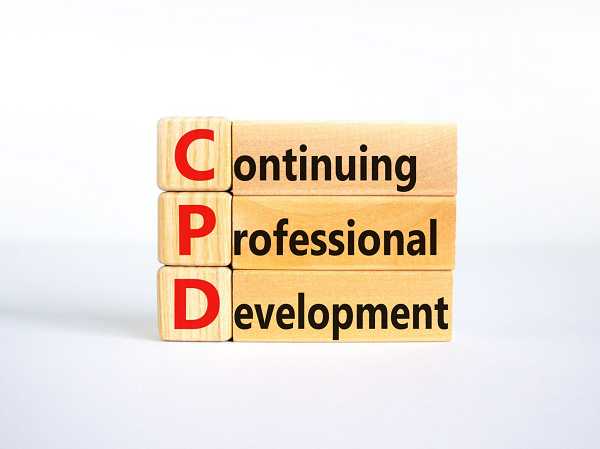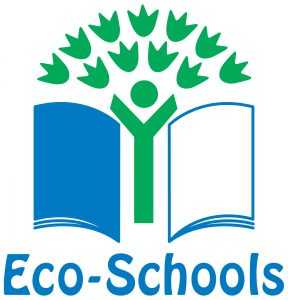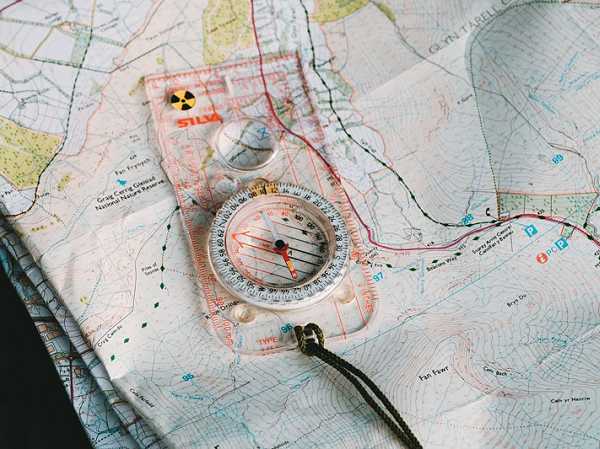Geography - National Curriculum
Geography Progression Map and End Points
Geography - Whole School Approach
Geography - Whole School Learning Journey

Mr Crossley is our Geography leader, he is also our Deputy Headteacher.
Our link Governor for Geography is Victoria Binns, Victoria came to school to look at Geography and meet our children.

This year the teachers have had training in how to use Digimaps and enhance the children’s mapping and fieldwork skills.
We are working with a local secondary school geography department to develop our teachers’ knowledge of teaching geography and the expectations at KS3 and 4.

We were pleased to announce that we achieved our SECOND Schools Green Eco Flag in 2023. The Eco Warriors are now working towards renewing the award in 2024.


Year 6 visited Crompton Way and Church Road to take part in a traffic survey.
Join our mailing list to receive updates on new arrivals and special offers.